Jane Frances
19 November 2019
Jane Frances
Jane Frances is a psychotherapist and was for many years Schools Specialist and Policy Advisor in Education at Changing Faces, UK. She is an expert in the psychology of visible difference.
She tells us of how findings from psychological research can help parents and teachers of children with Neurofibromatosis to better support them.
“I have worked with a lot of children with many conditions including NF, and I’ve found that the responses by other people to visible difference is pretty standard across conditions. The advice I give is based on research. ‘Common sense’, however well-intentioned, can lead to counterproductive interventions.
For example, if a child is staring at a child with a visible difference, the ‘natural’ reaction of the teacher is to say, ‘you mustn’t stare’. The result is that children learn to turn away, and the child with the difference feels even more isolated.
A better response is for the teacher to tell the staring child, ‘if you find yourself staring, smile and say ‘Hello, my name is Jane. What’s your name?’’
It is even more important that parents or the teacher coach the child who has NF to handle other children’s curiosity. The best strategy is for the child with NF to have something to say, like: ‘Don’t mind my lumps and bumps. I’ve got NF. Have you got something interesting about you?’ It is always good to round off with a question and engage – curiosity is the beginning of a relationship.
If the child is shy and nervous, the teacher might need to say, ‘Oh you’ve noticed Timothy’s unusual face. Well that’s the way Timothy’s face is, and did you know Timothy has a pet cat?’
We know from countless studies that it is harder for a child who looks unusual to make and keep friends. This is caused not by an aversion to the unusual face, but by an aversion to the stigma. The key, therefore, is to reduce or eliminate the stigma. The conversational strategies above will help. A curious stare is a door to a conversation and possible relationship.
Teachers’ expectations are also key: they need to hold in their heart really positive hopes for this child’s future. Many studies confirm the ‘Pygmalion Effect’: that lower expectations lead to lower results. Teachers aren’t doing children a favour by going easy on them. The child needs tough, high expectations.
These are just a few tips. You can get more information and resources for tackling issues of face equality and the impact of appearance at changingfaces.org.uk.”
– Jane Frances"The best strategy is for the child with NF to have something to say, like: ‘Don’t mind my lumps and bumps. I’ve got NF. Have you got something interesting about you? "
Filter News
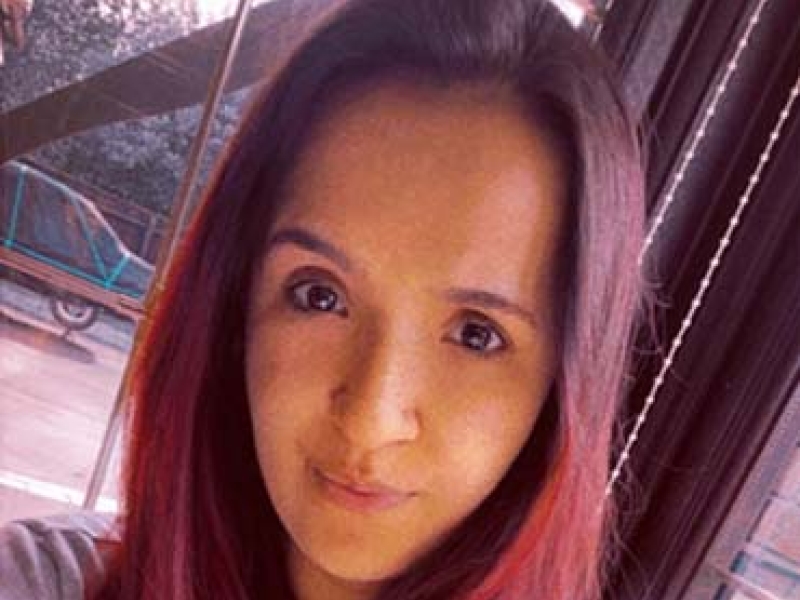
Nicole’s NF1 story & skydive
Nicole shares her NF1 journey and her motivation to inspire children with disabilities to achieve whatever they want to do
Read More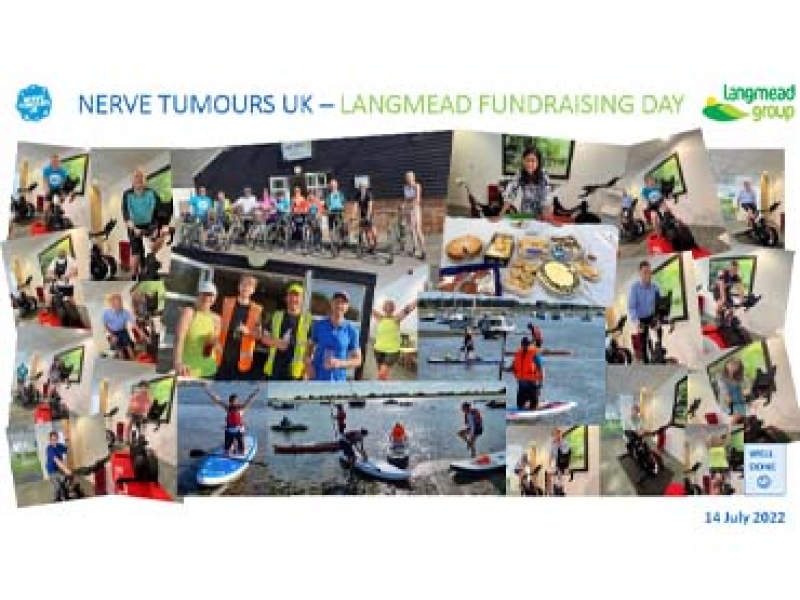
Sarah’s NF1 story & Langmead fundraising
Sarah describes her daughter Hannah's NF1 journey and organising a corporate charity day fundraiser at Langmead Herbs
Read More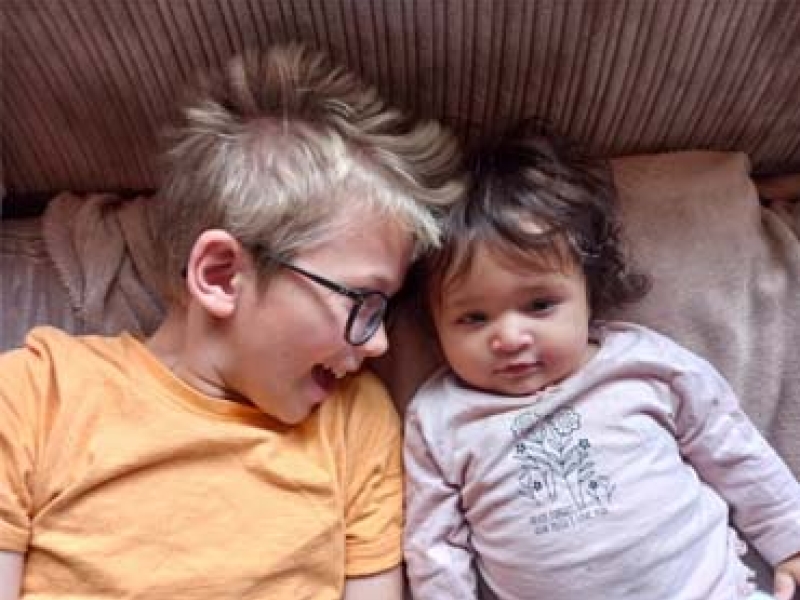
Molly & Alfie
Mollie has NF1 - her big brother Alfie & friend Kaelan are running to raise awareness & funds for NTUK
Read More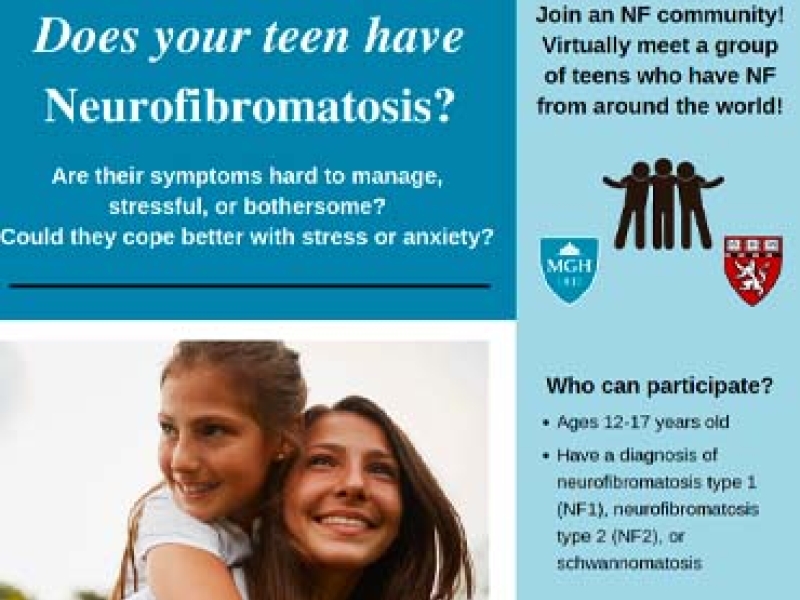
Study - Resilient Youth with NF
Adolescents with NF (12-17 years old) are wanted for an Online Harvard research project
Read More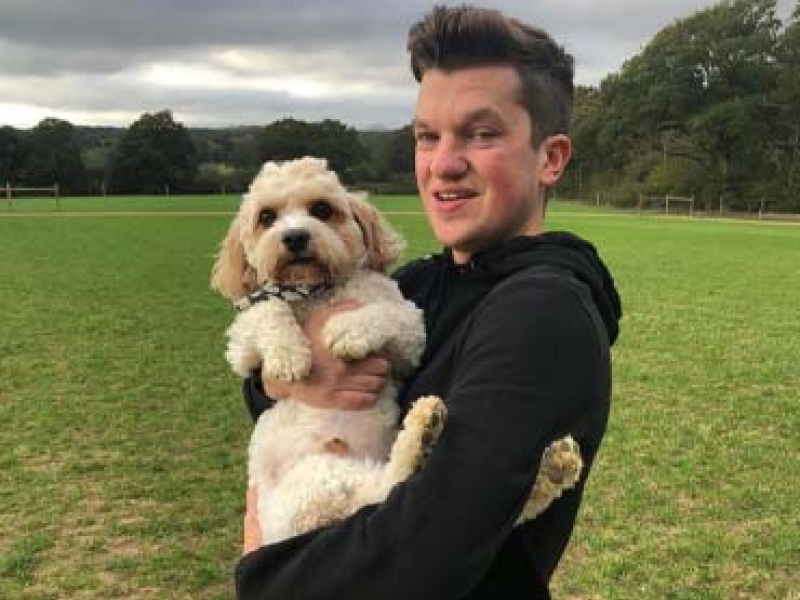
Jamie’s NF1 story
Jamie was inspired by reading NTUK stories and is now using his own experiences to help raise awareness of Neurofibromatosis
Read More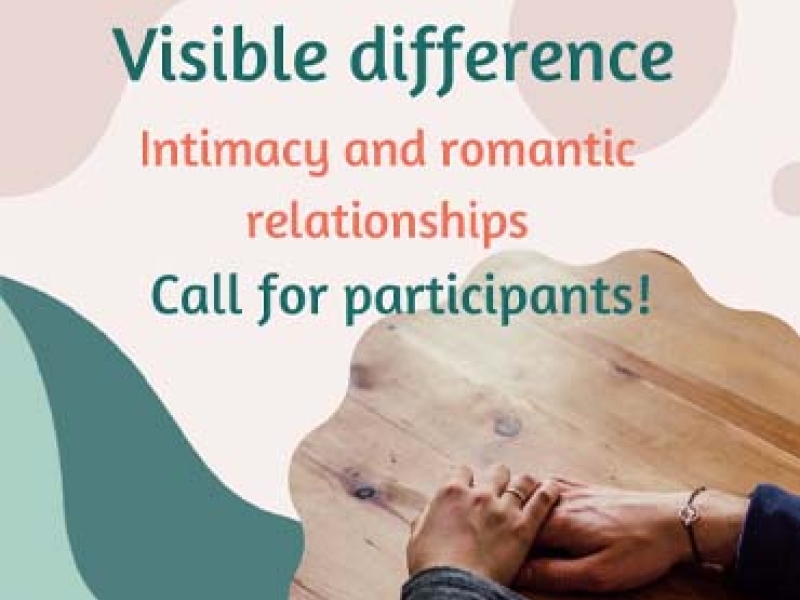
CAR Relationships study
CAR survey: support materials for adults with appearance-affecting conditions, focussed on intimacy & romantic relationships
Read More
Glasgow Comedy Night
Last night was the turn of Glasgow's The Stand Comedy Club to host the NTUK Comedy Circuit 2022
Read More
Newcastle Comedy Night
The Stand Comedy Club in Newcastle held a great night of fun and laughter
Read More
Manchester Comedy Night
Manchester's Frog & Bucket Comedy Club hosted the 2nd date on the NTUK 2022 comedy circuit
Read More

